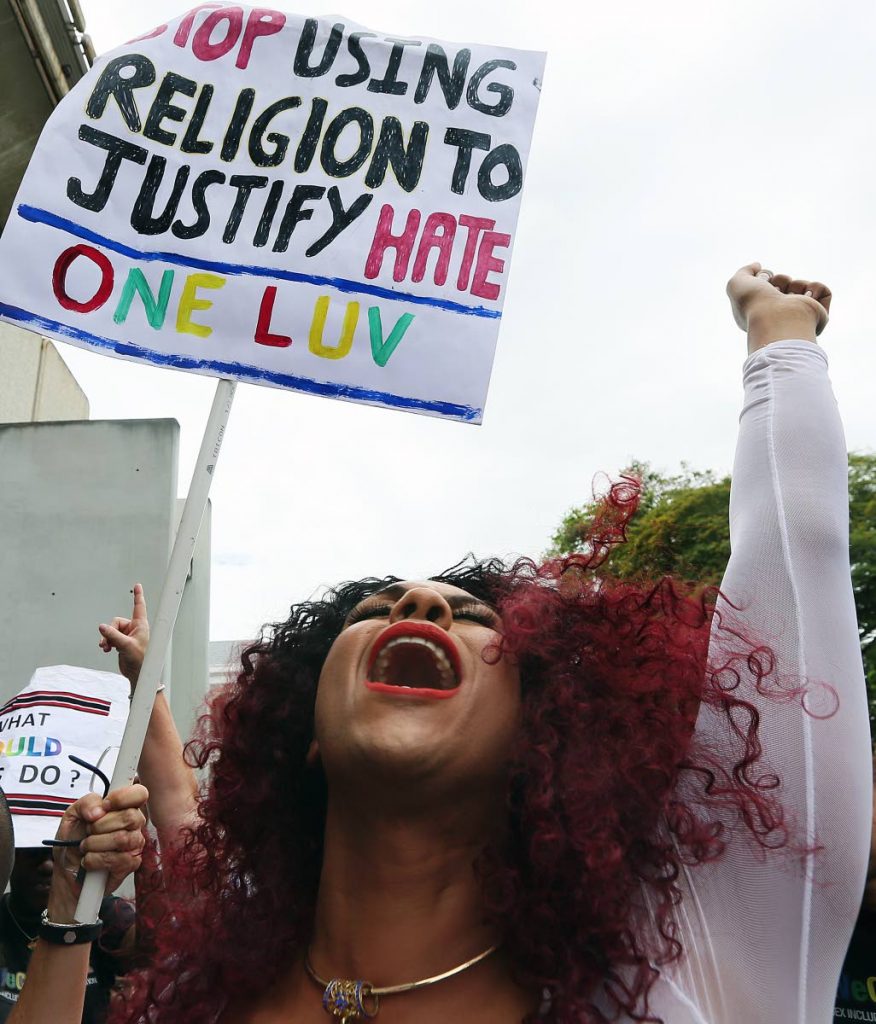Towards equality, inclusivity

THE EDITOR: When governments get funding from international agencies it always comes with terms and conditions.
In the year 2000, the government was forced to change its policy on corporal punishment by the influence of international agencies. Twenty years later, we all are affected by this decision.
Gender identity is a topic big on the international stage, and Trinidad and Tobago is on the edge of another colossal change in cultural identity.
The government's decision to pass amendments to the Marriage Act to recognise same-sex marriages was heavily influenced by international agencies that advocate for LGBTQ+ rights.
Though this decision has been met with controversy and resistance from some in society, it is a significant step towards equality and inclusivity. The world is changing.
This policy change will have a lasting impact on the societal perceptions and treatment of the LGBTQ+ community in TT.
It is important to note that government policies shaped by international agencies and advocacy groups can have significant implications for societies that may not reflect the cultural and social values of the majority. However, they can also catalyse positive change and progress towards a more just and equitable society.
DANE HARPER
Via e-mail


Comments
"Towards equality, inclusivity"